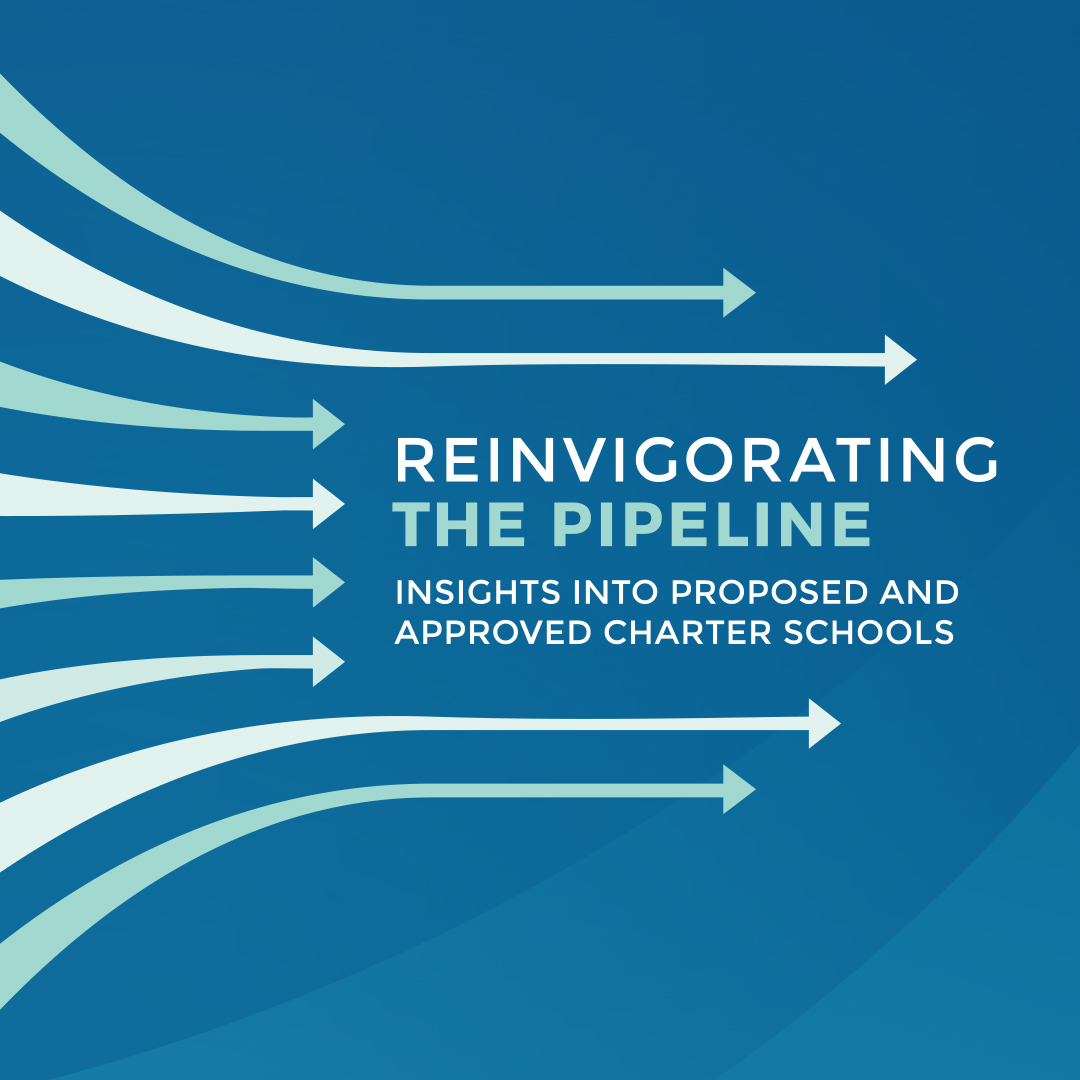NACSA Blog
Press Releases
 |
Multi-State Analysis of Charter School Proposals and Approvals Reveals a Diverse Sector Shaped by AuthorizersReport uncovers increased share of freestanding school proposals, decrease in for-profit and “No Excuses” proposals, and few proposals receive philanthropic support. CHICAGO — A new report released today by the National Association of Charter School Authorizers (NACSA) offers a never-before-seen … |
 |
New Digital Campaign Highlights the Need to Improve Charter School AuthorizingNew explainer videos demystify the role of charter school authorizers, which remains largely misunderstood 25 years into the charter school movement. The critical role authorizers play in determining the overall quality of … |
 |
NACSA CEO Testifies to Congress on Power of Charter School AuthorizingOn June 13, 2018, NACSA President and CEO Greg Richmond and a select panel of education reform leaders will testify in front of the House Education and Workforce Committee on the value of charter … |
 |
NACSA Testifies on CA Authorizing Bill SB 1362Today, the National Association of Charter School Authorizers (NACSA) Policy Director Veronica Brooks-Uy will testify before the California Senate Education Committee on SB 1362, a bill that addresses charter school authorizing issues … |
 |
New Report Identifies What Charter School Authorizers Do Differently to Achieve High-Performing PortfoliosNew report finds successful authorizing depends on great leadership, institutional commitment, and strong professional judgment CHICAGO — Today, the National Association of Charter School Authorizers (NACSA) releases “Leadership, Commitment, Judgment: Elements of … |
 |
Scaling Quality, Closing FailureA new report, Searching for Excellence: A Five-City, Cross-State Comparison of Charter School Quality, by researchers at Public Impact and published by the Thomas B. Fordham Institute examines charter school performance in five cities, Albany, Chicago, … |
 |
Postcard from the Statehouse: St. Paul, MNHello from a chilly St. Paul, Minnesota! Earlier this week, the House Education Committee chose to incorporate into an omnibus bill, HF 998, legislation that would create a closure provision for charter … |
 |
Core Principles and Essential PracticesThis week NACSA released the second edition of its Index of Essential Practices. The Index articulates a set of practices for authorizers that can significantly improve the quality of their work—and in turn … |
 |
Accountability in MinnesotaCheck out the new op-ed from Al Fan of Charter School Partners and NACSA’s Alex Medler on the need for greater accountability for the state’s charter schools. “A bi-partisan bill is making … |
 |
Postcard from the Statehouse: Nashville, TNGreetings from Nashville! Earlier this week, the House Education Committee passed HB 0702, legislation that would create the State Charter School Panel, an independent chartering board. The Panel would serve as an … |
 |
Charter School Authorizers Group Issues 2012 Professional Practice IndexThe National Association of Charter School Authorizers (NACSA) today released its 2012 Index of Essential Practices, a set of professional practices to guide quality charter school approval and monitoring. Good charter school … |
 |
Beware Charter School Authorizer ShoppingThe Fort Wayne, IN Journal Gazette, published an op-ed over the weekend by NACSA president and CEO, Greg Richmond. Richmond warns against the dangers of charter school forum shopping whereby a charter … |
 |
One Million Lives In Action: Ball State UniversityAlthough Ball State University’s Office of Charter Schools has faced some tough criticism in the past, it is working to set an example of how an authorizer can drastically improve its policies … |
 |
New CREDO Study Finds Massachusetts Charter School Students Making Greater GainsA new report from the Center for Research on Education Outcomes at Stanford University (CREDO) “found that the typical student in a Massachusetts charter school gains more learning in a year than … |
 |
NACSA Commends KIPP on Strong Student AchievementNACSA’s president and CEO, Greg Richmond, issued the following statement regarding the KIPP Middle Schools: Impacts on Achievement and Other Outcomes study released yesterday by Mathematica Policy Research: “Today’s Mathematica Policy Research study on the positive … |